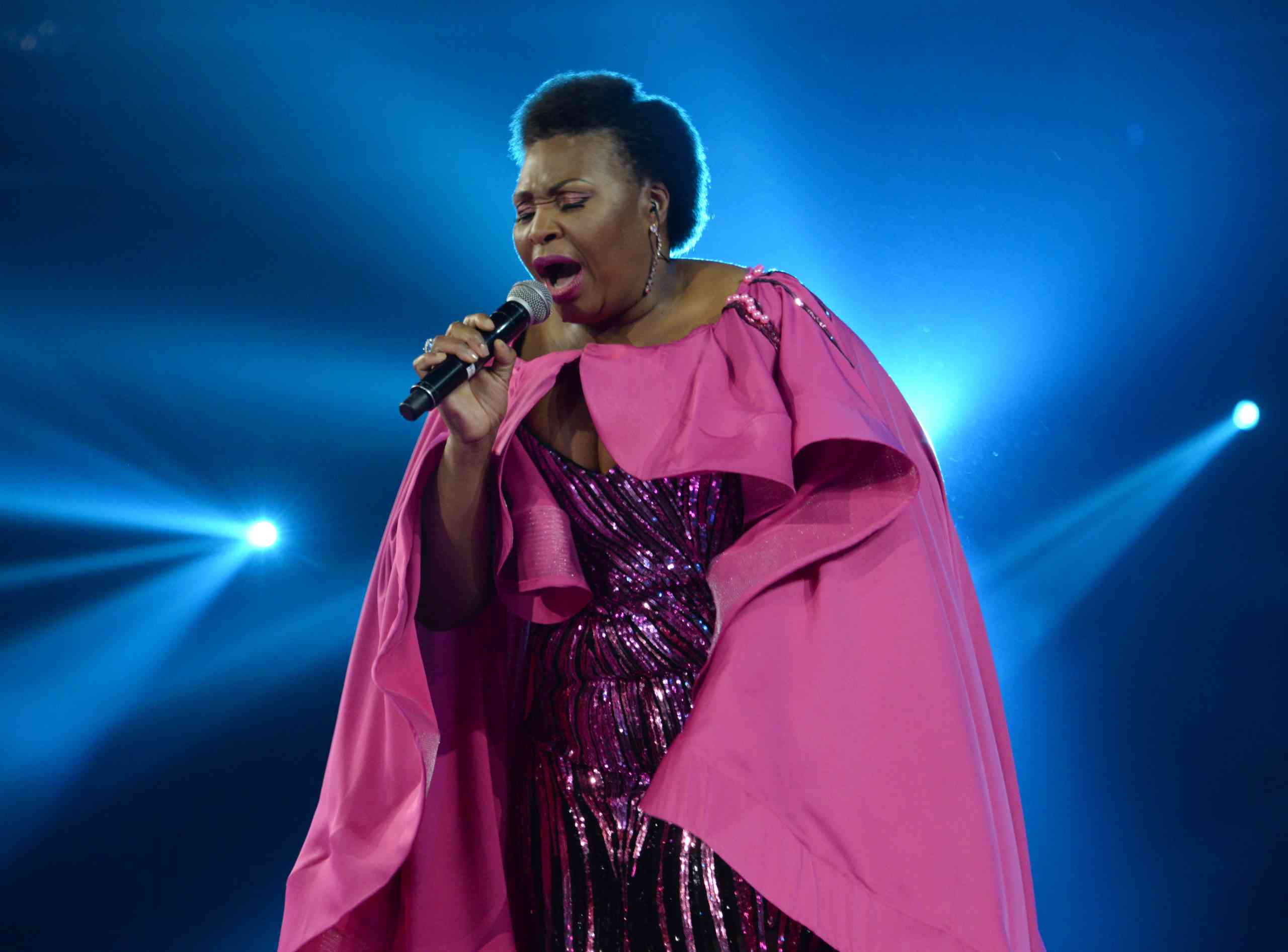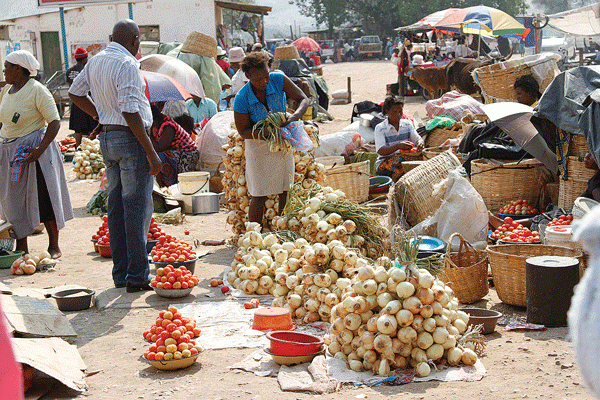
Walk into any Zimbabwean classroom today and you will find young learners reciting poems, studying set books, or humming to songs that shaped generations.
Yet, behind those powerful words and melodies lies a cruel irony: the very creators whose work sustains our education system and cultural identity are often sidelined, forgotten, and left to die in poverty.
Their intellectual labour fills libraries, curriculums, and playlists, but their bank accounts tell a different story.
This is the silent theft eating away at Zimbabwe’s creative economy and it thrives in the shadows of weak copyright protection.
Copyright is not an abstract legal term; it is the backbone of a thriving creative economy.
It is what ensures that the poet whose words inspire millions, the novelist whose book is taught in schools, or the musician whose song becomes a cultural anthem, all receive fair recognition and reward.
Without it, creators are stripped of dignity, and art itself becomes exploitation.
The reality in Zimbabwe is harsh.
- We have a mandate to protect rights of composers: Zimura
- We have a mandate to protect rights of composers: Zimura
- Lessons for media from Kenya elections
- Kenya's top court to rule on disputed presidential election
Keep Reading
Writers whose books are used in primary and secondary schools often earn little to nothing from their contributions, while institutions profit from their work for decades.
Musicians, meanwhile, face relentless piracy, with their songs sold on street corners or uploaded online without consent.
Visual artists and photographers see their work lifted and shared freely, often without so much as a mention of their name.
Outdated copyright laws, coupled with weak enforcement, have turned the creative space into a battlefield where only institutions and middlemen thrive, while creators themselves languish.
South African music icon Yvonne Chaka Chaka summed it up powerfully: “Copyright is the backbone of a fair and thriving creative economy. It ensures artists are recognised and rewarded for their work, and it safeguards the culture and talent that make Africa a global creative powerhouse.”
Her words ring true for Zimbabwe, where the government must urgently reform intellectual property laws to meet today’s realities.
The digital era adds both promise and peril.
On one hand, a poet in Plumtree can now self-publish an ebook on Amazon, or a musician in Mutare can upload a track on Spotify and be streamed across the globe.
This unprecedented access gives Zimbabwean creatives the power to bypass exploitative middlemen and connect directly with audiences.
On the other hand, digital platforms also make piracy faster and harder to control.
A song or manuscript can be duplicated thousands of times within minutes, stripping the creator of ownership and income.
This is why Zimbabwe must embrace both reform and innovation.
Government must update copyright laws, enforce them rigorously, and create transparent royalty systems that actually reach artists. Schools and universities should compensate writers fairly when their work is used in curricula.
Piracy must be treated as an economic crime, not a petty inconvenience.
But policy alone is not enough.
Creatives themselves must take charge of their futures.
They need training in digital tools that protect intellectual property, from watermarks and digital licensing to blockchain-based platforms that secure ownership records.
Musicians should explore direct-to-fan models through platforms like Bandcamp, while visual artists can leverage NFTs or secure online galleries.
Writers can use eBook publishing to reclaim control over their distribution.
Africa is full of examples: Nigeria’s Nollywood built its own structures to monetise film, while Kenya’s publishers have embraced digital innovation to widen reach and revenue.
The principle is simple: control your art, or someone else will.
And controlling it begins with knowledge, solidarity and advocacy.
Creatives must organise into strong unions and push as one for fair treatment.
They must also support each other by valuing, purchasing, and crediting fellow artists’ work, creating a culture of respect that starts from within.
Each time a language, a song, or a story is stolen or silenced, we lose more than revenue; we lose heritage.
Zimbabwe’s creative economy could be a billion-dollar industry, but only if artists are protected and empowered.
Respecting copyright is not only about money, it is about dignity, justice, and national pride.
The silent theft must end. To uplift our artists is to uplift Zimbabwe.









